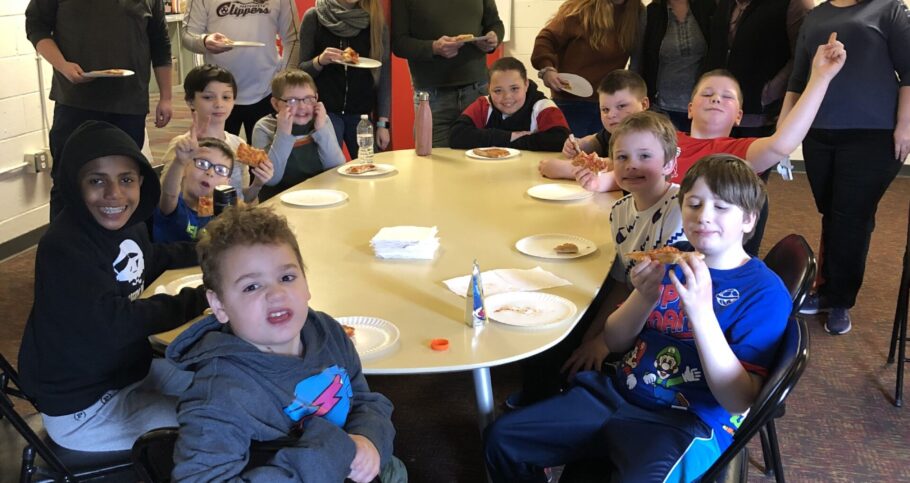
Program Overview
We provide a highly structured, therapeutically based education program to students who are experiencing behavioral, academic and social interaction difficulties in their current school placement. In addition clinical mental health counseling, we offer adventure based counseling, dance therapy, music therapy and art therapy. Students receive constant daily assistance in meeting their goals beyond the individual counseling sessions. Groups offered may include: anger management, conflict resolution, communication skills, family issues, mental health issues, team building activities and exposure to games that focus on good sportsmanship.
As a soon to be retired special education administrator in New Hampshire, over many years I have had the luxury of depending on Seacoast Learning Collaborative (SLC) and Seacoast Academy (High School) to provide a solid education for many students who have been unable to receive an appropriate education in a public school setting. SLC has worked closely to develop the kind of individualized programming that students from my districts needed to thrive. SLC staff are very responsive; calls are returned quickly, communication, both verbal and written is thorough and consistently provided to parents and the school district throughout the school year. SLC is always the first place I think of when a student needs a specialized placement outside of the public school!
Jean Parsons, Retired Special Education Director
The Five Expectations Students who choose to come to school here agree to:
1. Attend school and class.
2. Give the work your “best effort”.
We recognize that best effort does not mean the same effort each day.
3. Respect yourself, others and property.
If you are disrespectful to yourself or others, you will be expected to accept responsibility for your actions and participate in resolving the issue.
4. Participate in Counseling.
Students are expected to participate in formal counseling as indicated on their current IEP. Additional therapeutic services include supportive counseling, crisis intervention and symptom management.
5. Observe all school and classroom policies.
Students always have the right to discuss policies with their counselor.
